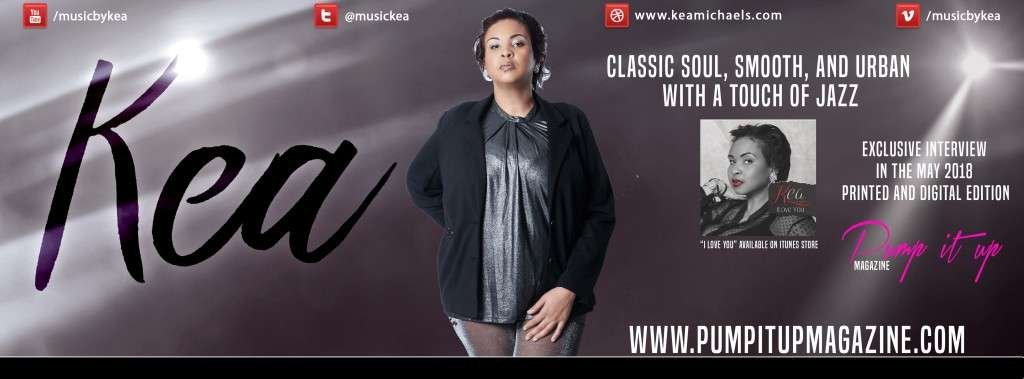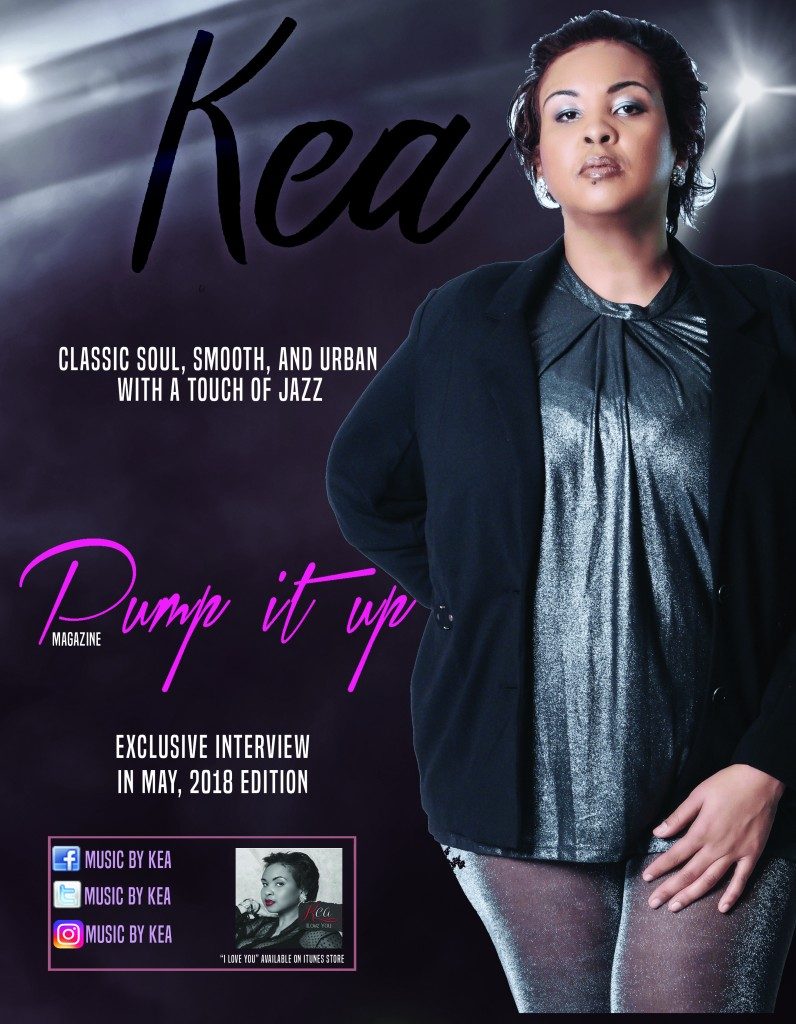
1) Talk to me about the making of your latest project. What was the inspiration behind it?
I was seeking a producer for several originals and I was almost at my wits end until I visited a local church. After the service I met the pastor’s daughter and she happened to be a singer. It was there in the pews where we struck up a conversation about music & she shared her song with me . I expressed to her how much I liked the music production & asked who were the creators. She gave me names of two music producers.
However, specifically giving me a contact number for one. I reached out to the him but due to his busy schedule & other projects he couldn’t commit to mine. So therefore he referred me to the other producer. I contacted him, we set a date to meet and bring in my originals. I started with one at the time. We sat at the keyboard working on the arrangement for “I Love You” and it wasn’t soon after that we decided to get started. The making of the single took place in a tiny studio room located in the church where producer Dwayne Fulton also know as the Minister of Music accompanied me as I laid down vocals. Following the vocals, live musicians were added to the track.
“I Love You” was inspired by my love for my daughter that was born with hydronephrosis. Which is an enlargement of one or both kidneys having little or no function. After surgery and several medical procedures it was in 2015 that I had to make a decision whether to operate or face a grave reality of loosing her. Given a tough situation like this I began to struggle with motherhood. Feeling powerless and questioning my faith, life, and what I did or didn’t do right. It was at that moment that “I Love You” was created.

2. With the music industry tanking and record sales falling, how do you currently make money as an independent artist?
I have full time employment and I perform when opportunities present themselves.
3. From a business point of view, which artists do you think are really pushing the boundaries and changing things/
Being a carnivore of soul music, I honestly only follow soul artists and not very many. I love what Kem is doing on the scene. He is working with rappers & legendary singers like Ron Isley. I love his approach to music lyrically and production wise. He also connects with his fans on a more personable level from sharing their cell phone videos singing his material and dancing to his music. I also think that he’s keeping that genre of music alive and intact with class as well.
4. What business lessons have you learnt from the music industry so far?
I’ve learned to plan, prepare and the importance of being consistent on social media by keeping my audience engaged. I’ve also learned that in this business you must have thicker skin, because if not you won’t last. Through many challenges I’ve learned that artists must do their due diligence when it comes to who they work with. Now I chalk that up to a teachable moment learning that everybody doesn’t have your best interest at heart. So be very, very careful. In this short period of time sadly I’ve realized that not all great music gets proper airplay or to chart, and the industry is manipulated by record labels that control what music gets heard. These labels put forth large amounts of revenue for their artist to make it into the mainstream. In my humble opinion it’s not about wonderful talent, or an awesome product, but a game of financial backing that dictates who wins or struggles to reach their goals. Another tough learning lesson for me has been patience. But in this business you must be patient so that you don’t make reckless choices or decisions that could cost you money, time, and heartache.
5. How would you describe your sound?
My sound is classic soul, very smooth, and urban with a touch of jazz.
6. If you had the power to change one thing about the Smooth Jazz industry to help independent artists – what would it be?
I would have smooth jazz music industry leaders revisit the sound of jazz as it was heard decades ago before we started putting conditions on it. Such as minimal vocals and more instrumentals. As a vocalist this is disheartening to fathom. When jazz was full of rich soulful vocals at one time before we started this thing called smooth jazz. The genre smooth jazz causes separation for many talented artists because there are too many dictators that are making decisions on who fits & doesn’t fit. However smooth jazz is putting on major artists that don’t have any jazz chops at all. So some wonder how and why? This is contradictory, concerning and needs to change.
7. So what are your plans for the future?
My plans for the future are to continue writing & recording. To keep evolving as an artist. I also would love to tour in a few years and explore the possibilities of television.

https://www.instagram.com/musicbykea/
https://twitter.com/MusicByKEA
https://www.facebook.com/MusicByKEA/
Spotify – https://open.spotify.com/album/6e6FIMH9elvO0P5t2MSuw6
Google Play – https://play.google.com/store/music/album/Kea_iLove_You?id=Bpsz37qd6tmvaupuow2dpifxquq&hl=en
CD Baby – https://store.cdbaby.com/cd/kea


